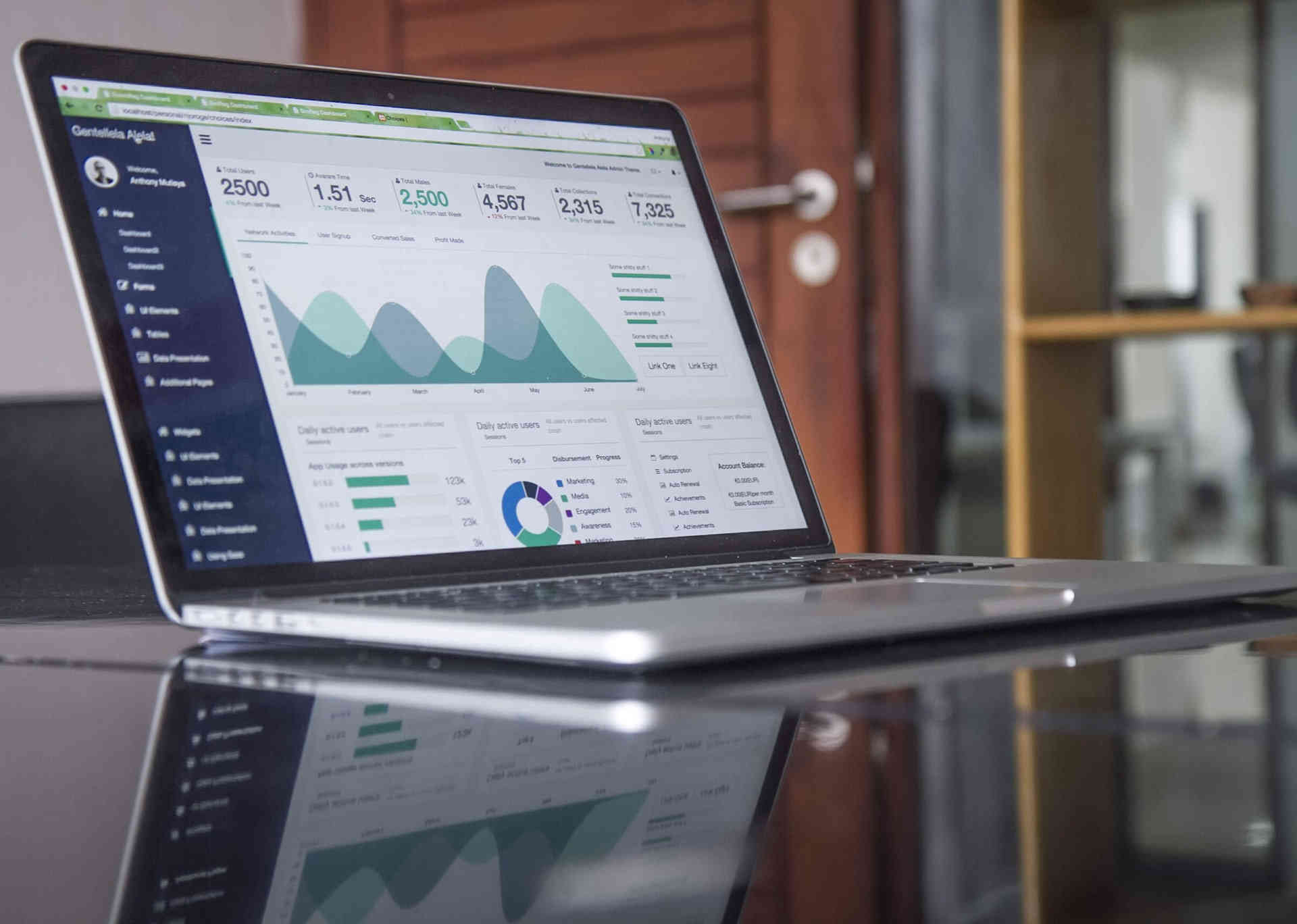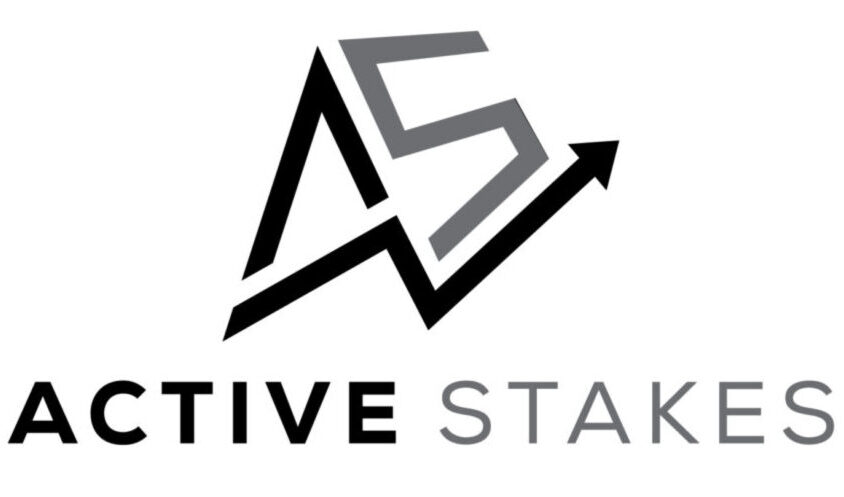
Starting Out – Stock Portfolio / December 2021
As of December 13, 2021, I have the following stocks:
Apple (AAPL)
I have bought and sold Apple stock multiple times and I always come back to it. It’s a a top tech company that still pays a dividend and yet it’s also continuing to grow.
I feel like there’ still lots of opportunities for Apple to explore. It’s not just focused on its smartphone business but is innovating in many other areas as well.
I increased my stake in Apple when there was more news coverage again confirming they were serious about developing an electric car.
Amazon (AMZN)
Amazon is my go to retail stock. Its online delivery business has benefited tremendously from the global situation over the last couple of years.
Like Apple, it’s also involved in numerous other ventures, most notably smart home technology and its server business.
And if that’s not enough, it’s also expanding its physical store print to become even more competitive in retail.
Amazon is known to be extremely competitive and aggressive as a company. It seems like anytime it sets out to enter a new market or product category, it seems to drive existing companies in the space into a frightened frenzy.
Anheuser Bush (BUD)
I picked this as a recovery stock or reopening play. What can I say? I am an optimist and I believe the world will open up and people will want to party and drink more. (And if it gets a lot worse, which I wouldn’t expect, people will also drink more.)
American Express (AXP)
I want to hold a credit card stock because I can see people are still spending freely. With inflation rising and prices going up, I believe American Express will also benefit because their transaction fees include a percentage of the purchase price.
At the same time, American Express cardholders tend to have a superior risk profile. If the economy turns sour, there will hopefully be a little bit of a backstop to protect me.
Bank of America (BAC)
This was an inflation play for me. Banks are said to benefit from higher inflation because when interest rates increase, they can likewise increase their spread and also charge their customers higher interest.
With Bank of America, there is the added advantage of a bank that has a relatively high share of bank accounts that don’t pay any interest, i.e. non-interest bearing deposit accounts. That may be bad for their customers but is good for investors.
Bank of New York Mellon (BK)
I bought this as another inflation play. I considered it to be especially safe because of the risk profile of its wealthy clientele.
Boeing (BA)
I’m not as certain about this stock as I used to be. I thought it was oversold before. I believe some of the negatives that had weighed on its stock in the past, like the mechanical safety issues with its aircraft, have been resolved and airline passengers are no longer concerned about that.
Earlier this year, things were also looking much brighter in terms of airline orders. However, the new variants that have emerged in the summer and winter of this year have cast some doubt on Boeing’s prospects. Airlines may be on a holding pattern until they can have more certainty that the global reopening is back on track.
Citigroup (C)
Another bet on higher inflation. I also liked the fact that Citi paid a relatively high dividend. That gives me comfort because I can hold on to it for years even when its market valuation is down for irrational reasons.
Coca Cola (KO)
I bought this as a way to diversify internationally. Coca Cola is an iconic, global company and doesn’t just rely on the U.S.
I believe it will also benefit from reopening because soft drinks are often served in restaurants too.
Coinbase (COIN)
I bought into this stock for pretty much the same reason as many other investors did. I did not want to buy cryptocurrencies directly but at the same time I did not want to completely miss out on this industry.
I am taking a wait and see approach. My investment is relatively small and won’t hurt me if I lost all or most of it, but I figure there’s plenty of upside too.
I like the fact that Coinbase is establishing itself as an institutional player in this space as well as a go to enterprise for corporate partnerships.
Google (GOOGL)
This is a tech company you cannot ignore. It is a massive company and an innovation leader. I also follow the Online Ad Revenue Index and it’s telling me that ad rates are booming right now.
Google earns most of its profit from advertising, so I’m looking forward to the next quarterly report. (I hope this doesn’t backfire when they exceed consensus estimates but still get penalized by the market. Nobody is clairvoyant.)
The other reason to hold Google is its focus on developing a self-driving car. If it ever gives up on that, I’m afraid their stock price will suffer but right now it seems like too good of an opportunity to ever pass up. I am confident they will persevere.
Lockheed Martin (LMT)
This a defensive play (pun intended). While the major ground wars are behind us, it’s also true that America has been at war or preparing for war for most of its existence. You know the old saying, if you want peace, prepare for war. And no doubt about it, new challenges are on the horizon.
As I am writing this, tensions continue to ramp up with China and Russia. The situation with Russia surrounding Ukraine seems especially dire. If the invasion happens, I believe it’s pretty much guaranteed that the U.S. will impose sanctions and deploy more troops to European allies in the region. If Russia succeeds in holding onto more territory, it could also give China a reason to move ahead with its ambitions on Taiwan.
Needless to say, this will lead to increased defense spending, which defense contractors like Lockheed will be looking forward to.
Kroger (KR)
One of the reasons why I bought a grocery store chain like Kroger was to hedge against inflation and general supply shortages. I feel people are quick to stock up on groceries and household goods when prices seem to be increasing. Kroger has done well over the last couple of years.
That being said, I’m considering selling my stake. I don’t believe the momentum can hold indefinitely. There are also major competitors that can make it difficult for Kroger to defend its turf. Companies like Aldi and Lidl can take away significant market share but it’s still too early to tell.
Peloton (PTON)
I bought this stock because I felt it was oversold. It peaked at over $170 per share last December and now it’s down in the low $40s. It’s pessimistic revenue guidance and the notion that people are over working out from home and are going back to gyms had a lot to do with that.
That being said, the stock price is approaching levels it hadn’t seen even a couple years ago before the sudden boom. And I can tell you, I knew plenty of people who jumped on the Peloton craze. Not only that, it also made an appearance in our corporate gym. And that’s where I feel there’s still an opportunity over the next few years in the corporate sector.
It may take time to recover but it’s going to get there. I’m going to hold onto this stock for a while.
Southwest Airlines (LUV)
This was a pure reopening investment for me. I felt Southwest Airlines was one of the better managed airline stocks and more likely to make it through the current downturn. It also seems to be less exposed to international travel and business travel compared to competitors like American Airlines, United and Delta.
Northrop Grumman (NOC)
Another defense contractor I bought for pretty much the same reasons why I bought Lockheed. I also like their focus on drone technology. I would not expect this company to ever go out of business. The government relies on it too much.
Palantir (PLTR)
I struggled with this investment a bit. It got a little bit of a bad reputation because it works for the government and supposedly does work that other companies object to because their employees have ethical concerns. What exactly that entails is shrouded a little bit in mystery but it’s essentially data collection and analysis with somber overtones of Big Brother.
However, the company has also been expanding quickly and government contracts can be self-perpetuating. When the government feels comfortable doing business with you, it’s unlikely to let go of you (and vice versa if we’re talking about the revolving door of lobbyists).
Case in point, when the new Administration came in, they did not sever ties with Palantir even though their CEO was a strong supporter of the rival party. There is just too much at stake with this relationship.
T-Mobile US (TMUS)
This is one of two cellphone carriers whose stock I decided to buy. T-Mobile has been growing quickly and seems to have done well with 5G deployments. I feel there is still some upside for this company and I wouldn’t dismiss a potential market leader.
The other reason I wouldn’t discount them is the fact that the U.S. cellular industry has become a lot more concentrated in recent years. As we know from economics, increased concentration gives companies more power to raise prices.
Ulta Beauty (ULTA)
I’m going to let you in on a secret. I don’t use make-up personally but I see lots of people around me use it. And this make-up company was one of my best bets on reopening. The world doesn’t even have to completely reopen. It doesn’t have to go all the way back to normalize levels of corporate and leisure travels. People just have to be going out again or seeing each other without masks, and that has happened.
Verizon (VZ)
This was an easy decision for me. Verizon has been a long-time leader in the U.S. cellular industry and is here to stay. It also pays a very decent dividend that I can rely on. And like I said, the industry it’s in has become increasingly concentrated, so it doesn’t look like it’s going to be facing down serious competition in the near future.
Walmart (WMT)
This is my go to stock in the event of an economic downturn or uncertainty. When things turn sour and people need to save money, they go to Walmart to save on groceries and household goods.
Walmart is also stepping up its game when it comes to online delivery. It’s nowhere near Amazon but it’s getting better.
Wells Fargo (WFC)
This is a bank that still needs to find the way back to its former glory. The scandal a few years ago slowed down its growth and forced it to be more cautious, which was both a good thing and a bad thing.
I would expect it to get past it over the next couple of years. The past will become the past at some point out and memories only last so long.
In the meantime, with inflation on the rise, Wells Fargo stands to benefit from higher rates as well.
